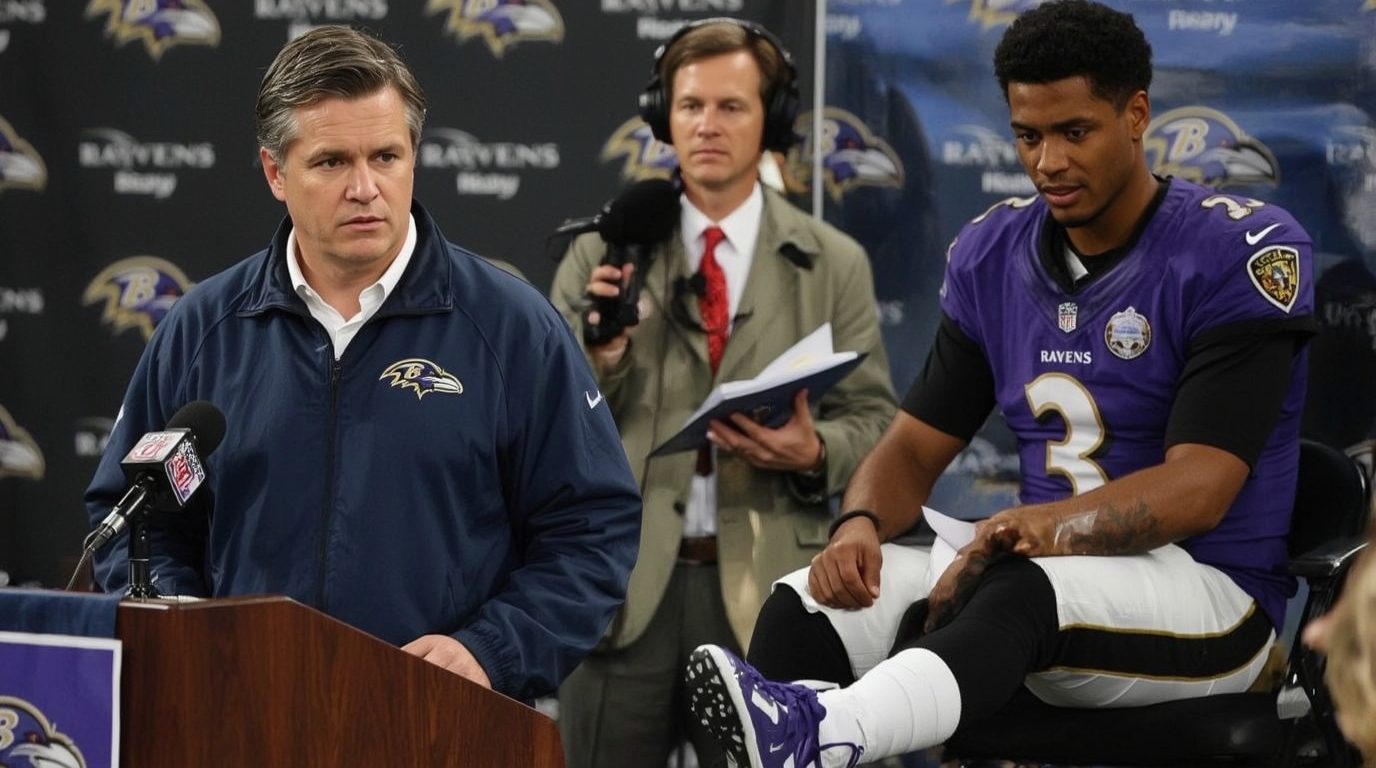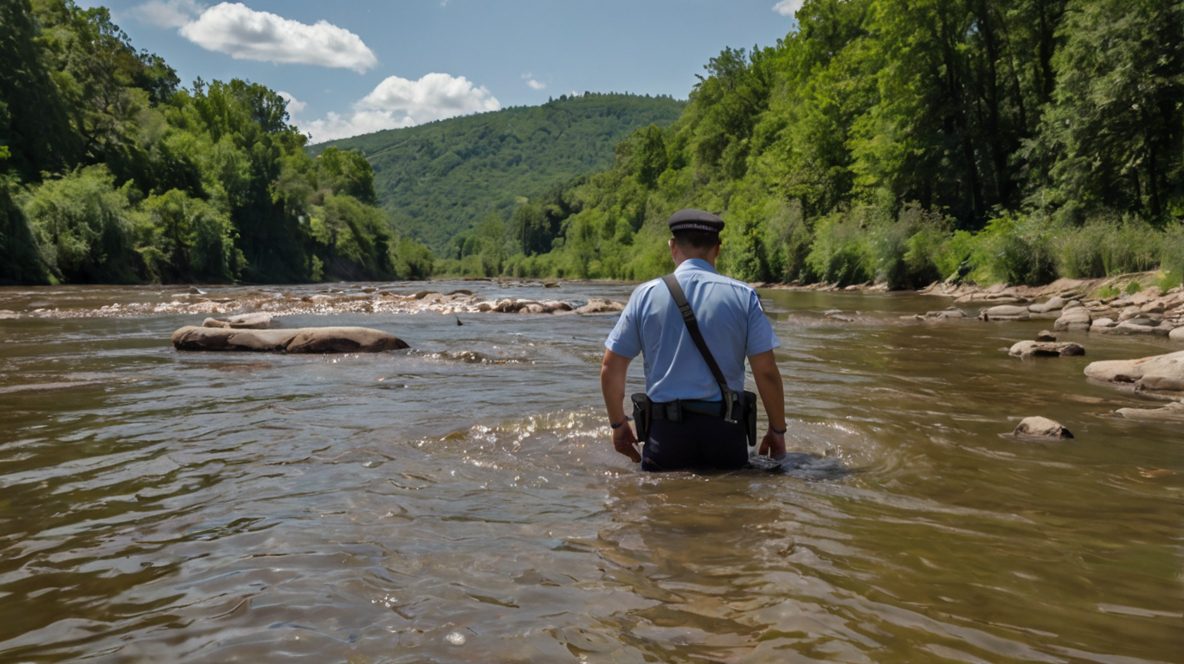Maryland Pastor Reunited With Family Following ICE Detention
Family Reunification After 29 Days of Detention
Pastor Daniel Fuentes Espinal, a well-known pastor and construction worker living on the Eastern Shore of Maryland, is now back home with his wife and three kids after a month-long struggle. He was subjected to the U.S. Immigration and Customs Enforcement (ICE) Office of Enforcement and Removal Operations (ERO) on July 21 for a visa overstay of 25 years.
Immigration enforcement concerned the local community, who knew him as a pastor and as a community supporter, mentor, and friend. His family was there to welcome him back after he was released from a Louisiana federal detention center. He was greeted with tears of joy and relief from his family.
Len Foxwell, a family friend and a local political strategist, has been an outspoken advocate of the pastor. He shared an emotional social media post chronicling the moment. “Pastor Fuentes Espinal and his family are together again for the first time since that terrible morning of July 21, when a pastor and father of three left for work and never came home,” Foxwell wrote. His words reverberated throughout the community and hundreds of comments poured in, many from those who had prayed, donated, or fought for the pastor’s release.
A Pastor’s Journey
Fuentes Espinal was born in the Dominican Republic. He first arrived in the United States in 2001 on a six-month visa. Like many immigrants, he sought out stability, safety, and opportunities for his family. His visa expired that same year, but instead of returning home, he chose to stay. He forged a life for himself, worked in construction, and responded to the call of serving as a pastor.
One Spanish-speaking church that serves dozens of immigrant families who live in Maryland’s rural Eastern Shore is Iglesia Del Nazareno Jesus Te Ama. That is where he dedicated 24 years of his ministerial career. His sermons are said to include bits of biblical stories interlaced with wisdom on how to navigate life in America, families, and perseverance.
“He’s not just a pastor — he’s a counselor, a mediator, a father figure,” said church member, Maria Lopez. “When people had problems with landlords, with jobs, with their children at school, they came to him first. He helped us navigate life here.”
Ministry and work for someone like Fuentes Espinal are intertwined. He held physically demanding jobs like working on construction sites during the day. He balanced that with leading worship, counseling families, and organizing food drives in the evenings and during the weekends.
The Arrest That Shocked a Community
The pastor’s workday began like any other on July 21, but hours later, his family was receiving a devastating phone call—he had been detained by ICE officers. To his family, the news was confusing. For almost twenty-five years, he had been living peacefully in the United States. He had no criminal record. Yet in the eyes of federal authorities, his overstay was a violation that justified arrest and deportation proceedings.
The arrest itself was swift, but his family and the local congregation endured an excruciating period of not knowing what was going on.
“He disappeared into the system,” said Foxwell. “One moment he was in Salisbury, then Baltimore, and the next we were told he was in Louisiana. For his family, it was terrifying. They didn’t know if they’d ever see him again.”
Inside Detention
ICE officials confirmed that Fuentes Espinal had “entered the United States on a 6-month visa and never left in 24 years,” classifying him as a federal immigration violator.
Initially kept in Salisbury, he was later transferred to a Baltimore facility, and from there he was moved to Winn Correctional Center in Louisiana, which is over 1200 miles from his family.
As reported by Foxwell, the Baltimore facility was particularly extreme. “No private shower, no bed, and no sink. Only a few to make phone calls and all of them costing $50. He was on a cold bench for 3 days with hardly any food.” Supporters highlight that such conditions are the norm in immigration detention centers which have repetitively been in the news due to the poor living conditions, scant legal representation, limited access to legal representation, and “exorbitant” family communication charges.
A Daughter’s Mission
As days turned into weeks, Fuentes Espinal’s family worked to bring him home. His eldest daughter, Clarissa Fuentes Diaz, took on the role of the family’s spokesperson. She was able to organize calls with lawyers, pull community members, and travel to Louisiana to bring her father home after bond was granted.
“I’m so happy, my heart is completely full,” she said in a social media video following his release. “Thank you so much, and may God bless you.” Her appreciation was towards the neighbors, church community members, and even some strangers that came forward and selflessly contributed towards the travel and legal expenses.
Community Rallies
During his detention, Espinal’s church and community at large came together to help him. Volunteers organized legal fund bake sales and online fundraising drives. They even held vigils outside of ICE facilities wielding signs that read “Bring Pastor Home” and “Families Belong Together.”
For a lot of people, the issue went beyond the immigration debate. “He’s been here 24 years, never been in trouble with the law, and has served as the moral and spiritual guide for our close-knit Eastern Shore family.”
Annalese Estepp, an activist who organized a rally at the Baltimore ICE office, shared her sentiments on the matter, stating, “There’s no point in hating now. We need to come and love each other harder than ever.”
Political Support
Even elected officials took notice of the pastor’s case. Senator Chris Van Hollen of Maryland stated that his office had been in touch with the family, and his office had been closely tracking the case. “No family should live in fear of being torn apart,” he said in a statement. “We will continue to push for reforms that treat immigrant families with dignity and fairness.”
Other local officials expressed the concern that a man so well established in the community could be targeted for deportation. For many, it was a snapshot of the uncertainty of immigration enforcement.
The Broader Picture: Overstays and Enforcement
The Department of Homeland Security states that visa overstays are a significant portion of undocumented immigrants in the U.S. While border crossings often dominate the news, Fuentes Espinal’s case of coming over legally and staying past his visa expiration is a large contributor to the 40-50% of undocumented individuals.
ICE enforces laws that may seem unjust to an individual’s situation. Legal advocates believe that the enforcement should be suspended for long-time residents with community roots and be focused on people with a repeated criminal history.
The “system” that Mejia refers to treats people with spotless histories and community contributions alongside those with severe criminal histories. To Mejia, it depicts the human cost of a broken immigration system, which is surrounded with negative connotations, refers to the situation of Pastor Fuentes, a man with decades of contributions.”
The Enduring Intersections of Faith and Immigration
The history of faith communities is marked with the fact that they assist their community to gain access to resources and also provide shelter to the vulnerable populations for their protection. The role is more pronounced in the pastoral and rural areas.
In places like the Eastern Shore of Maryland, the pastors double as social workers and community liaisons to governmental and semi-governmental agencies like schools, hospitals, and voluntary welfare organizations. “Immigrant congregations are resilient,” says Dr. Anne C. Hidalgo, a sociologist focusing on religion in the context of migration. “But the moment a leader is taken out, the whole community experiences the impact. It is a system of trust that supports families, not just one person.”
A Family Still in Limbo
Even though the community celebrated the release, refunding the bond came with conditions. The Fuentes Espinal family still has to ensure that his green card remains valid. Despite family stipulations, his legal standing remains ambiguous. Several other supporters have taken it upon them to provide a green card as the strategy to enable him to stay in United States permanently.
Foxwell said, “We’re grateful beyond words to have him back, but this is not the end.” “We need to make sure he has the security of knowing he won’t be taken from his family again.”
In his first sermon, the Pastor expressed his gratitude towards his spouse and encouraged the congregation to remember Paul and Silas, prisoners of hope who sang to God and refused to give in to despair. “God is faithful,” he said. “And with faith and love, we will overcome every trial.”
Looking Forward
With the family still focused on the ongoing legal aspect of the case, Fuentes Espinal’s family has shifted towards the matter of self-care and rebuilding of their daily lives. They have returned to the family roles with Fuentes Espinal resuming his construction and pastoral roles, as well as having the congregation regathering for worship.
His story has inspired many, while also imparting hope and faith, alongside proving that the community is capable of taking action.
Estepp said, “This is bigger than one man. This is about how we treat each other as human beings. If we can rally for Pastor Fuentes Espinal, we can rally for anyone facing injustice.” For more on community and immigration stories, visit 24HourBulletin.



